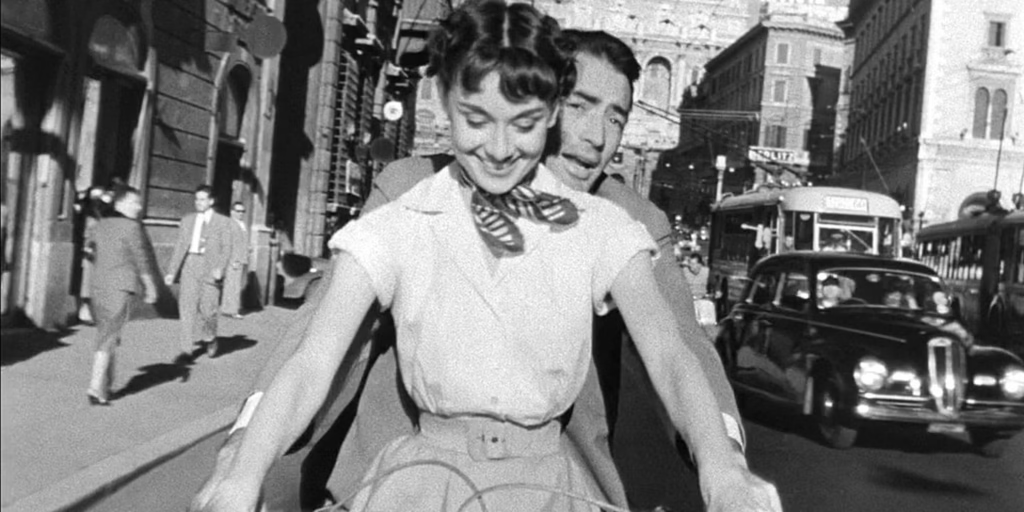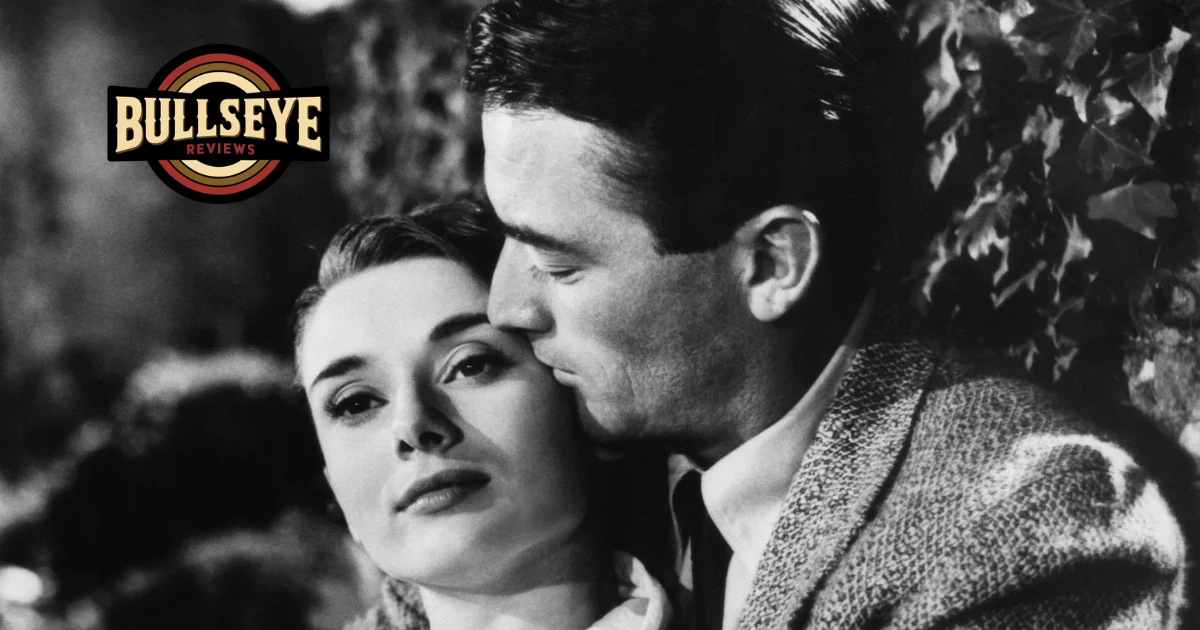There are films that sparkle in the moment and fade with time—and then there is Roman Holiday. William Wyler’s 1953 romantic comedy remains one of Hollywood’s most enduring love stories, capturing the heart of post-war Europe, the soul of a free-spirited princess, and the quiet rebellion of love unfulfilled. With its cobblestone charm, heartfelt performances, and luminous black-and-white cinematography, the film continues to be a masterclass in storytelling, style, and star-making magic.
Audrey Hepburn’s Radiant Debut
Audrey Hepburn’s performance as Princess Ann is nothing short of iconic. It’s not just a role—it’s a coronation. There’s a freshness in her screen presence that feels as genuine today as it must have in 1953. With elegance, vulnerability, and mischievous wit, she transforms from a duty-bound royal into a woman tasting freedom for the first time. It’s no wonder she walked away with an Academy Award.

Gregory Peck, as the world-weary journalist Joe Bradley, brings quiet strength and dry humor. There’s a subtle generosity in how he shares the screen, never overshadowing but always complementing Hepburn’s radiance. Together, their chemistry doesn’t erupt in typical Hollywood fashion—it simmers with restraint, lingering long after the credits roll.
The Eternal Romance of Rome
Rome itself is the third main character—a city bursting with life, yet ancient and wise. From the Spanish Steps to the Trevi Fountain, the film turns the Eternal City into a dreamy playground of stolen Vespa rides and gelato-fueled escapades. Shot on location, a rarity at the time, the film feels rooted in real streets and spontaneous moments, not sound stages.
Director William Wyler’s choice to shoot in Rome rather than a Hollywood backlot gives the story authenticity, while also setting a new benchmark for how romantic comedies could look and feel. His pacing is patient, allowing scenes to breathe, emotions to develop, and the beauty of unspoken feelings to take center stage.
A Romance Without a Fairy Tale Ending
What makes Roman Holiday resonate decades later is its ending. Unlike the neatly wrapped romances we’re used to, this one acknowledges reality. Duty, position, and the world beyond the moment all play their part. And yet, it doesn’t feel tragic. It feels honest. That final press conference scene—where everything is said in silence—is cinema at its most graceful.
The film dares to tell us that not every great love ends in togetherness, but some love stories are timeless precisely because they don’t.
Final Verdict – 5/5 Stars ⭐⭐⭐⭐⭐
Roman Holiday is more than a film; it’s a memory etched in celluloid. It glides on charm, laughter, and the ache of what could have been. Hepburn’s star-making turn, Peck’s quiet magnetism, and Wyler’s vision turn a simple love story into a cinematic treasure. For anyone who believes in the magic of classic cinema, this is essential viewing.

